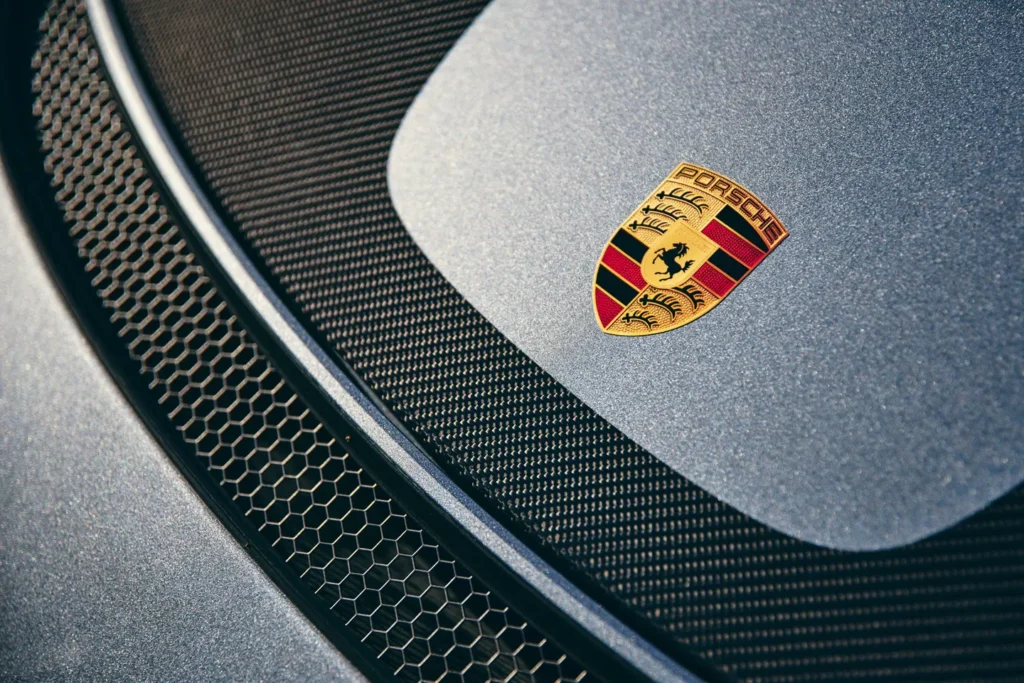
Porsche has confirmed what it calls the final steps in the realignment of its product strategy, which in practice means a major rethink of its electric vehicle rollout. What was once a rapid march toward full electrification is being scaled back in favour of a stronger mix of combustion and plug-in hybrid offerings.
The clearest example is the planned SUV positioned above the Cayenne. Originally intended to launch as an EV only, Porsche has reversed course and will now introduce it with combustion and hybrid powertrains from the start. The company has made no mention of if or when a fully electric version will arrive, with demand for large electric SUVs seemingly too weak to justify the initial strategy. The existing Cayenne, which recently set a record at Shelsley Walsh and is expected to feature wireless charging, will continue with every powertrain option on the table. Porsche also confirmed both Cayenne and Panamera will remain available with combustion engines and plug-in hybrids well into the 2030s.
The shift also delays Porsche’s broader EV timeline. A new electric platform initially planned for the 2030s will now be redeveloped, along with other VW Group brands, due to slower-than-expected growth in demand for premium electric vehicles. Porsche insists it is not walking away from EVs entirely, pointing to the upcoming 718 replacement and ongoing updates to current models, but the strategy change comes with a heavy cost. The company expects to absorb a 1.8 billion Euro hit.
Reports suggest that the next 718 could even feature combustion engines in its highest trims, a sign that battery-only performance cars have not fully convinced Porsche’s traditional enthusiast base. This would likely keep flat-six engines alive in RS variants. The pause on EV expansion also signals longer life for combustion engines across the lineup, including the 911. Porsche has already added new generations of petrol-powered models to its long-term Cycle Plan, confirming they will continue into the future.
“These decisions build on the previously announced initiatives and help us to achieve a very balanced portfolio,” said CEO Oliver Blume. “This increases our flexibility and strengthens our position in a currently highly volatile environment. With a convincing mix of combustion engines, plug-in hybrids and battery-electric vehicles, we want to meet the entire range of customer requirements. In the medium term, this approach is intended to support our business model and strengthen our market position.”
Still, the recalibration has wider implications. VW has already warned that delays to Porsche’s EV program could reduce group profits by as much as 5.1 billion Euros. Blume also noted he is counting on flexibility from the EU regarding its 2035 combustion car ban, highlighting Porsche’s growing belief that petrol power will remain a crucial part of its long-term strategy.
